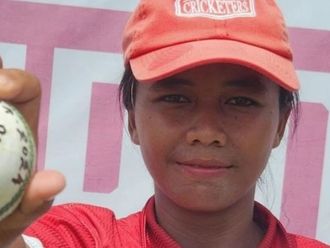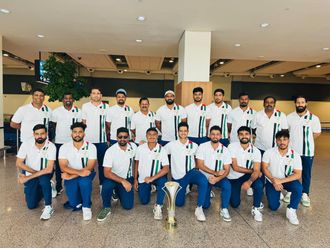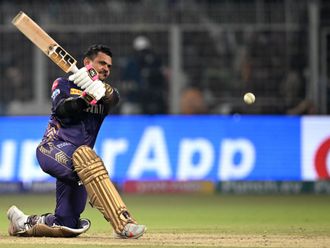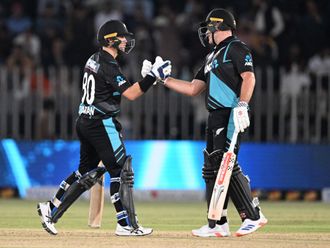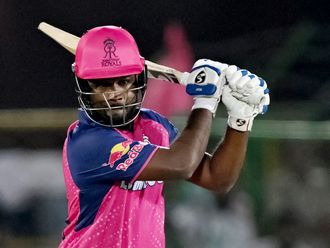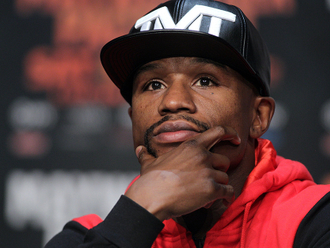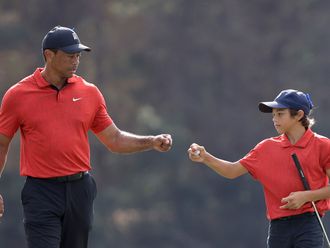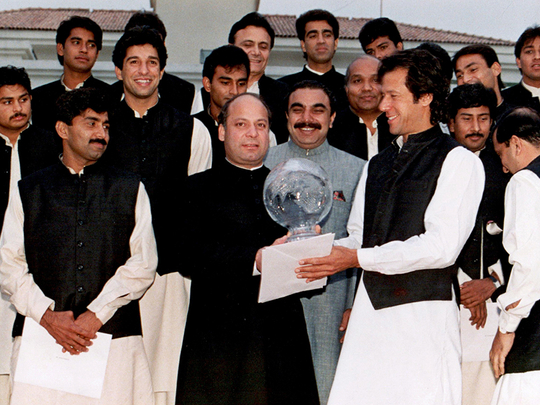
Imran Khan is poised to form the new government in Pakistan. We all are familiar with Imran the hugely successful cricket captain. So the question that is on everyone’s mind, including mine, is whether he can bring the same leadership skills to work when he becomes the prime minister.
Perhaps the answer lies in the success of the Pakistan cricket team itself. Imran’s leadership qualities transformed the side from a bunch of highly-talented individuals into world-beaters. The 1992 World Cup triumph is ample testimony.
How did Pakistan fare before Imran took over the reins of captaincy? They would win easily one day and lose by a mile on another day. Simply put, they were unpredictable. And the unpredictability was puzzling, because the team was brimming with talent.
My all-time favourite Pakistan team was the one in the seventies, led by Mushtaq Mohammad (brother of the legendary Hanif Mohammad). In that side, Imran was a tearaway fast bowler who hunted in tandem with the wily medium pacer Sarfraz Nawaz.
The stylish Majid Khan (Imran’ cousin) opened the batting with Mushtaq’s brother Sadiq. The inimitable Zaheer Abbas followed. In the later years, Javed Miandad occupied the No. 4 slot. Asif Iqbal came ahead of Mushtaq, who was an allrounder. And they had the most technically accomplished wicket keeper in the world, Wasim Bari.
Despite the abundance of talent, the best Mushtaq’s side achieved was some sporadic success. They could easily have been the best in the world, if not for the self-destructive streak.
When Imran took over the captaincy, there was a dramatic change in man management. He commanded respect from all the players, including the mercurial but temperamental Miandad. Even the Pakistan selection board acceded to Imran’s demands.
Youngsters like Wasim Akram, Waqar Younus and Izamam Ul Haq blossomed into world class cricketers under the tutelage of Imran. Abdul Qadir became a leg-spinning sensation. The result was a string of consistent results. The historic World Cup win in Melbourne was the culmination of that hot streak.
Imran is now on a different wicket. Politics is a world away from cricket. Imran realises that. His party, Pakistan Tehreek-e-Insaf (PTI), was formed in 1996. Which means it took 22 years to reach a position of power.
Imran is fully aware of the sweat and tears that brought him to the corridors of power. Now when he becomes the prime minister, Imran needs to bring to the office the same attributes that made him a successful captain.
Leaders are born. Imran is a born leader. He has it in him to be a successful prime minister. He has the power to change Pakistan.


